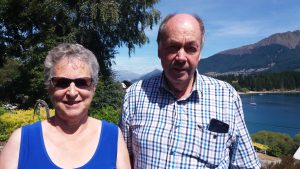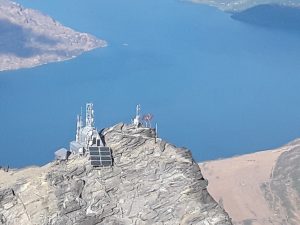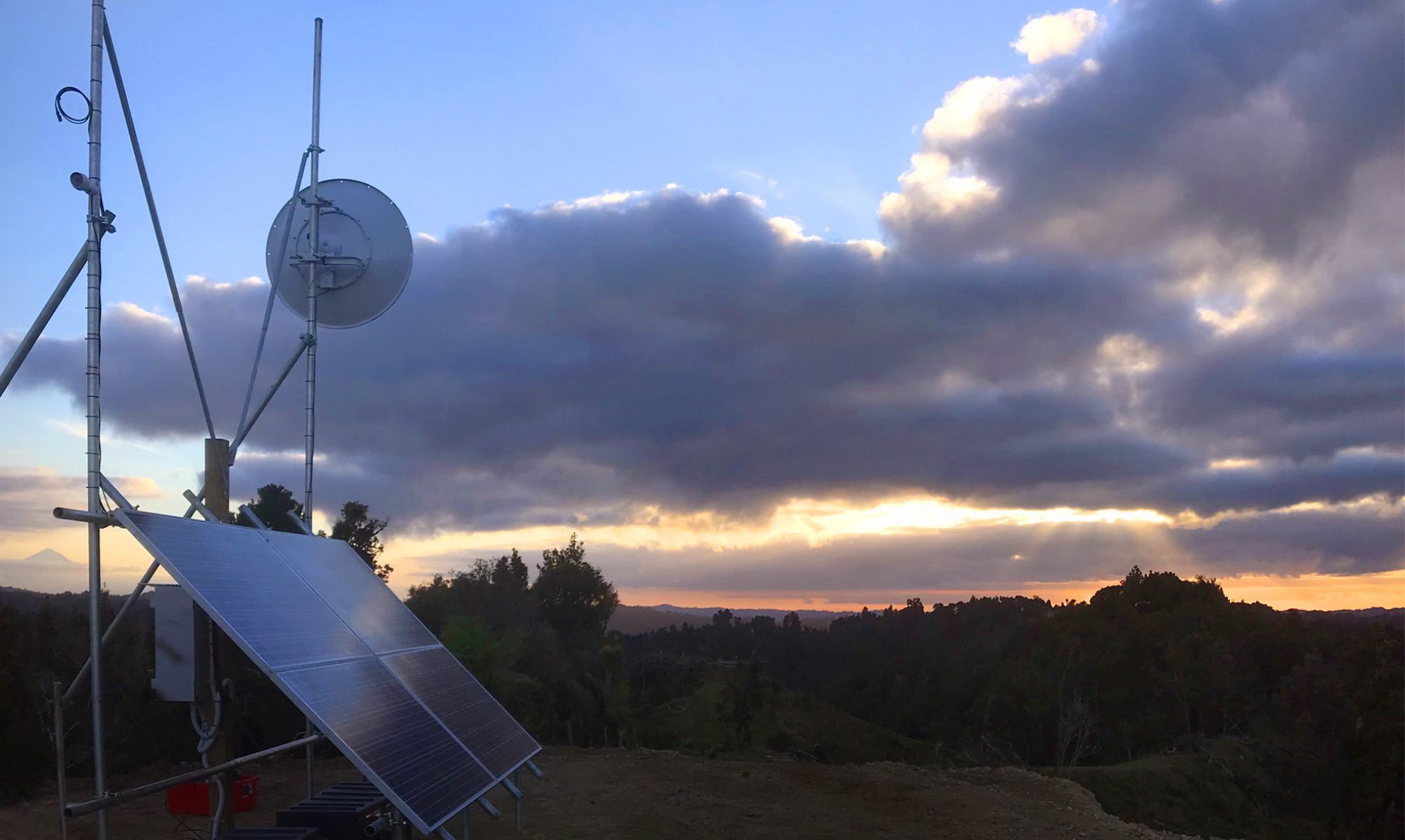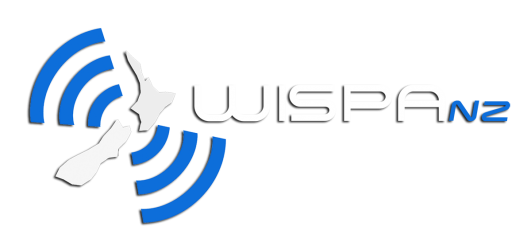Countrynet – a WISP Profile by Ernie Newman

Countrynet owner Russ Watson tells me he’s never had so much fun in his life as building a WISP.
As our chopper climbs 7300 feet into the Remarkables above Queenstown on an idyllic summer day in a heat wave, I can understand that.
Out the window, almost in touching distance, is Double Cone dominated by Countrynet’s highest site. Russ points out the radio gear that takes the signal from Countrynet’s Network Operating Centre in the Watsons’ home and bounces it on to numerous sites further into the region, the array of solar panels that power it, and the batteries and diesel generators for backup. We’re way, way up in the sky and you expect either a deer or Gollum to appear at any moment.

“I’ve climbed up there with a pack of gear a good few times,” he tells me matter-of-factly.
Sooner him than me.
The Remarkables site is one of 30 servicing a couple of hundred happy Countrynet customers. They’re farmers, lifestyle block dwellers and remote businesses. Russ and his wife Shirley look on them as friends. Many are provided with computer services and other technical help that goes well beyond just the fast Internet connection.
With a background including farming, a lifelong interest in amateur radio, and impressive technical expertise in SCADA (the computer systems that run critical infrastructure like drainage, water and electricity,) setting up a WISP came as a natural move late in his career. Around 2002 he started selling Internet connectivity as a by-product of his SCADA work. He, and Countrynet, have never looked back.
The helicopter dives alarmingly towards the famous Walter Peak station.
These days its a major tourist attraction as well as a working sheep station. My hands won’t stop vibrating in time with the rotor blades as I try to make notes, hold the camera steady, and take in the view.
At Walter Peak we land twice – once to inspect another of Countrynet’s radio sites, and the other to drop off a parcel as a favour. Walter Peak is a loyal customer. Without mains power the cellular companies cannot put cell sites nearby so the less power-hungry WISP WiFi sites are perfect for the job. Since Countrynet came along Walter Peak has benefited from the ability to do things like Internet banking and tax work online, but the biggest benefit has been in ability to attract and retain staff without their suffering from real isolation. In the WISP era they watch Netfix and Youtube videos like the rest of us. And remote Otago and Southland have a disproportionate amount of homeschooling so the ability to connect with the school network and the wide world of education is a real plus.
 Back at Queenstown Airport we hop into his electric car and head for his Network Operations Centre/home. Russ and wife Shirley are Countrynet’s only employees. They manage the network from laptops and cell phones, from anywhere in the world, with access to usage volumes second by second, the status of each site, and tools to activate backup or bypass a site if something goes wrong. Automation using tailored open source software proliferates, manpower requirements are minimal.
Back at Queenstown Airport we hop into his electric car and head for his Network Operations Centre/home. Russ and wife Shirley are Countrynet’s only employees. They manage the network from laptops and cell phones, from anywhere in the world, with access to usage volumes second by second, the status of each site, and tools to activate backup or bypass a site if something goes wrong. Automation using tailored open source software proliferates, manpower requirements are minimal.
Several contract installers work with them. These people also make the sales calls. There’s no advertising – word of mouth works well in the country so why would you? And the business philosophy is to provide ample bandwidth capacity which in the end is cheaper than trying to manage scarcity as well as delivering a superior customer experience. There are no fixed term contracts – a handshake still means something in the South. “The natural contract of good service and good delivery is deemed sufficient,” Russ says.
VoIP services – Voice over Internet Protocol – are a standard offering. Customers on 2degrees can now use their cellphones for making and receiving calls and texts over Countrynet’s WiFi even if they are way out of range of any cellular network. Other cellphone users can use VoIP by using an internal Countrynet number, referring to this number on the greeting message they leave on their cell phone voicemail. The end result is isolated customers missing far fewer mobile calls.
Countrynet still runs the SCADA network for the local Council. Anyone can go onto countrynet.co.nz/scada and see up-to-the-minute information about water collection and usage through the Lakes District – of limited interest in the cities but crucial intelligence for a water-dependent back country station.
Like any small business there are challenges. Lack of competitive backhaul (connection to the mainstream telecommunications networks), a sense that they are too small to be taken seriously by government and councils, and the “big feet” of the big telcos who trample over the little guys are among them. But Countrynet’s philosophy of “more technology, fewer people” and their close relationship with their customers has made them a highly successful business.
Maybe that’s why Russ is having so much fun.

